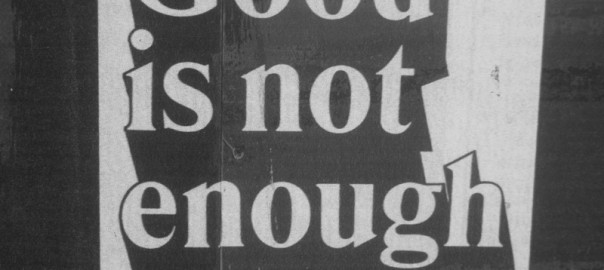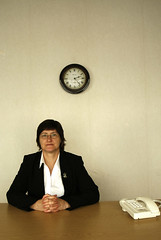Last week, instead of publishing a post about feeling inadequate, I missed my self-imposed weekly deadline. How’s that for timely?
The week before, I heard Dick Gordon, on NPR’s The Story, interview a woman who had worked for many years at a chicken processing plant. Her job was putting stickers on chicken wings to mark their quality – A-grade, B-grade, or X for discards. The chicken wings came by on a conveyor belt, and she put stickers on them.
“That sounds like an easy job,” Gordon said, just as I was thinking the exact same thing. The woman laughed and described the conditions in more detail. She was required to tag 25 wings per minute — about 2 seconds per wing. The conveyor belt never stopped moving during her shift, and her shift might last 7 to 8 hours — maybe longer if the plant had more chickens to process. What I had thought sounded like an easy job, now sounded brutal in its difficulty.
If a job sounds easy, it’s probably because you either don’t know enough about it or don’t care enough to do it well.
Called by God…and Not Good Enough
Several years ago, Darrell Johnson spoke at Regent College on the subject of calling. He had just concluded a study of every person recorded in the Bible as having received a call from God to perform some task. He wanted to discover what they had in common, whether there were any patterns to their calls that he could learn from. As you might expect, they had several things in common, but the first surprised me: they all felt inadaquate. Continue reading Feelings of Inadequacy


